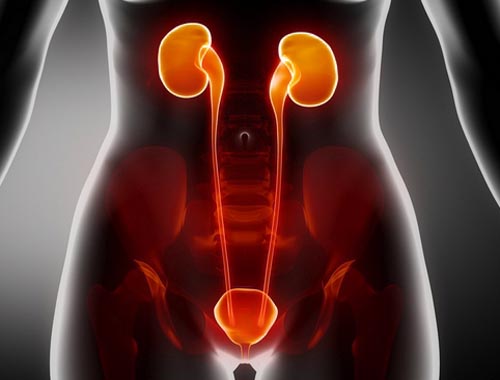
Thyroid Imbalances and Testosterone Levels
Thyroid Imbalances
* Thyroid imbalances can manifest as various symptoms or none at all.
* Thyroid-stimulating hormone (TSH), secreted by the pituitary gland, regulates the production of thyroid hormone.
* High TSH levels indicate hypothyroidism (low thyroid activity), while low TSH levels indicate hyperthyroidism (high thyroid activity).
* Symptoms of thyroid imbalances include irregular heartbeat, low bone mineral density, fatigue, and heat intolerance.
Testosterone Levels
* Both men and women produce testosterone, with men producing it primarily in the testes and women in the ovaries.
* Less than 2% of testosterone circulates freely in the blood, affecting muscle mass, fertility, libido, and well-being.
* High levels of free testosterone in women may indicate low estrogen levels, excessive hair growth, or polycystic ovarian syndrome.
* Low levels of free testosterone in men have been linked to abdominal obesity, unhealthy bones, heart disease, and depression.
Blood Testing
* To diagnose thyroid and testosterone imbalances, blood tests are essential.
* TSH measurement is the standard way to assess thyroid function.
* Blood testing involves drawing a small sample of blood from your arm.
* Healthcare providers provide reference ranges for test results, allowing you to interpret your own results.
Importance of Blood Testing
* Early detection of thyroid and testosterone imbalances can prevent serious health problems.
* Discuss blood test results with your healthcare provider to determine their implications and appropriate actions.


DDxHub is a concentrator that holds a lot of disease descriptions. It relies on the System knowledgebase to diagnose a health condition.
Differential diagnosis Hub is the System distinguishing of a particular disease or health condition from others.